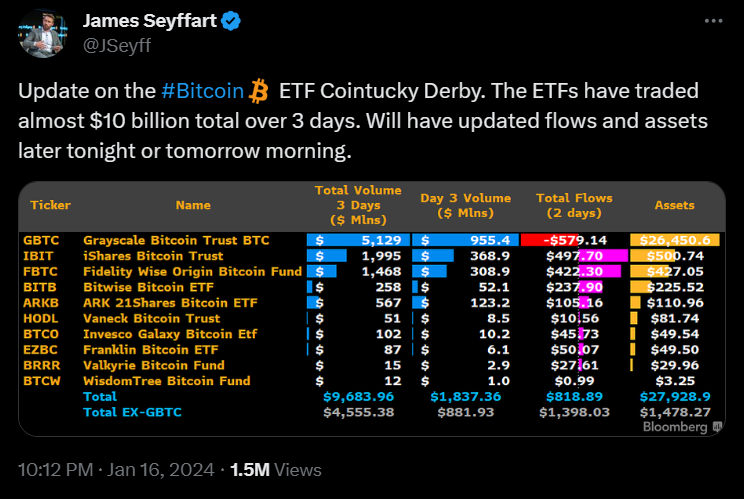A smart contract is a contract that runs on the blockchain network. The contract is executed by computers distributed globally. The process by which a computer executes a contract is what we often call “mining”.
Characteristics of Ethereum Smart Contract

Decentralization: Decentralization means that the same smart contract is kept by all running nodes. For simplicity, you can understand a node as a computer running the Ethereum network. Since every computer running a node has a backup of all contracts and they are distributed all over the world, it can be guaranteed that smart contracts will not be lost.
Consistency: Consistency means that the execution outcome for the same smart contract will be the same, even if they are executed by different nodes.
Automation: The smart contract can be executed like an automatic program, but it will remain dormant when the smart contract is not triggered.
Non-tampering: Once the smart contract is deployed on the blockchain, it cannot be changed, so we can say that the smart contract provides a tamper-proof program.
Customization: Before deployment, smart contracts can be coded in many different ways, so they can be used to create different programs – commonly known as DApp.
Application
Smart contracts have been implemented in various blockchain networks, among which the most famous and popular blockchain networks are still Bitcoin and Ethereum. Although the Bitcoin network is known for its digital currency, its protocols can also be used to create smart contracts. Bitcoin actually provides a programming language that allows developers to create custom smart contracts freely. Smart contracts can be applied in different scenarios, such as online elections, cross-border trade, payment channels, etc.
Pros
Automatic execution: The processes specified in the contract, including custody, maintenance, triggering, and settlement, can be automatically executed by nodes. Once the contract is completed and updated on the blockchain, it will be executed in strict accordance with the code without the need for human intervention.
Reliability: Smart contracts are more reliable as compared to a centralized intermediary due to their decentralized property. Since there is no middleman, the contracts can not be tampered with or lost. There is no server downtime problem in the blockchain network as it is run independently by nodes distributed all over the world. Since smart contracts are replicated by distributed nodes around the world, they are naturally tamper-proof and safe.
Efficiency: Compared with digital agreements executed through third parties, smart contracts are extremely efficient. Participating parties to the contract need not manually enter data and wait for the other party to process, and there is no need for an intermediary to process the transaction. Smart contracts can eliminate human errors and disputes between counterparties, thus speeding up the execution of the contract.
Cons
Issue of public trust when writing smart contracts: Bugs may appear in the formulation of codes. The key to the development of the current blockchain is to conduct independent third-party code verification and testing. However, it is difficult for third parties on the general chain to provide this service, and the establishment of a credible production mechanism is another key to development. Generally speaking, a fair “lawyer” is needed on the blockchain network to verify smart contracts to protect the interests of all participants.
The problem of smart contract intelligence: At present, it is still based on a simple contract or a fixed contract template. The technology research in language, writing, deployment, auditing, automatic auxiliary tools, artificial intelligence technology will present us with new models in the future,
Legality issue: Smart contracts have yet to gain recognition from the judicial body in most countries. If smart contracts involve physical goods, disputes may arise. The conduct of judicial arbitration is still unknown for the current development in blockchain technology.
Performance problem: Since smart contracts need to be broadcast on all nodes to ensure consistency, this process greatly reduces the efficiency of code execution, thereby slowing down the transaction speed.
Summary
Novice users can understand smart contracts as code that can be executed automatically according to the terms of the contract. Once the smart contract is confirmed and deployed by stakeholders, it cannot be changed. The current common application of smart contracts is to carry out on-chain transfer transactions and DeFi applications.
Join MEXC and Start Trading Today!



